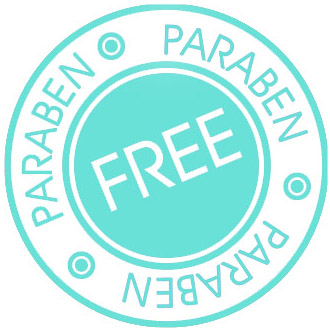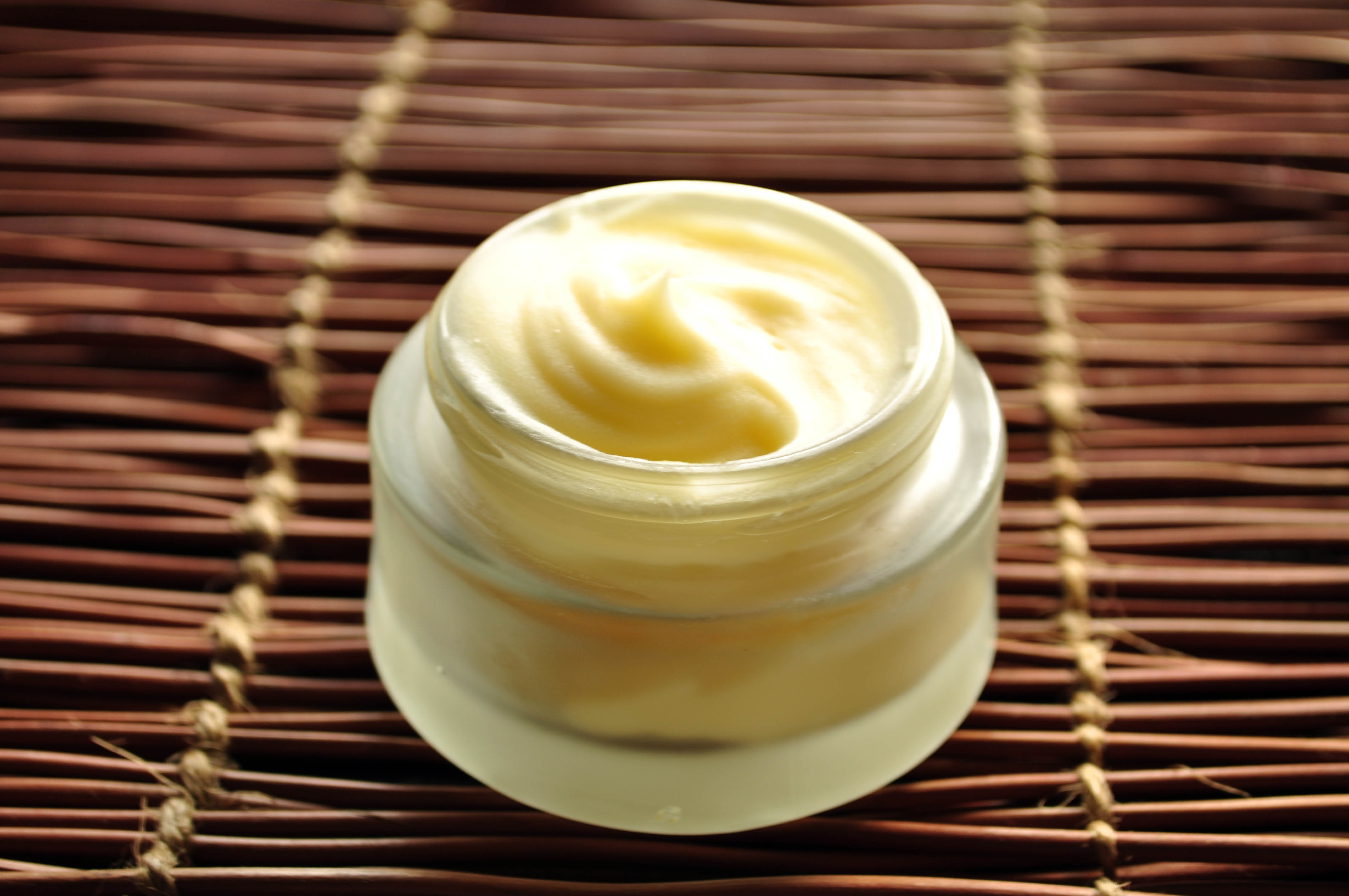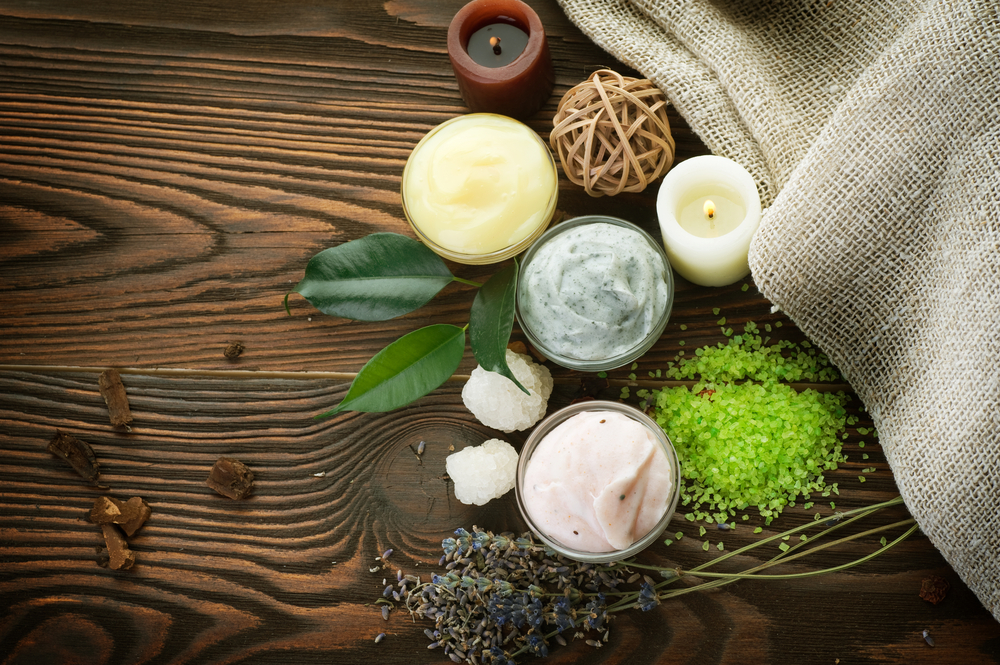There are more products that have the label “paraben-free” on their packaging. Have you ever stopped to think why and what makes a paraben-free product a good selling point?
We did some research and whilst there isn’t any conclusive scientific research that indicates the harmful nature of paraben in your products, there are reasons to be a little more careful with your choice of products and the ingredients it has.
As part of our Eco-Beauty segment, we’ll share some of the key information you need to know when it comes to parabens.

What’s the deal with parabens?
There aren’t strict regulations when it comes to use of ingredients for cosmetic products so it’s really up to you to be well-informed and selective about the products you choose to buy.
Now with natural products also readily available on the shelves that contain natural oils and supplements, we do have options. But just be weary, even if it is natural, doesn’t mean it won’t irritate your skin. It’s about finding the right product for you.
Parabens are groups of chemicals used as preservatives in a wide variety of beauty products (up to 90 percent of them, from shampoo to toothpaste to self-tanner) and sometimes as food additives.
One of the most famous studies that has recently linked parabens to unhealthy usage is the use of parabens in antiperspirants to breast cancer after researchers found parabens in samples of breast tumors.
According to the American Cancer Society, there is “no good scientific evidence to support this claim” and “ongoing studies to date have not shown any direct link between parabens and breast cancer risk” — but the organization does acknowledge the need for further scientific investigation.

What do parabens do?
Parabens are preservatives so it essentially extends the shelf life of products – no wonder some of our lotions and creams can last up to an entire year. It helps fight bacterial growth and mould, sounds pretty good right?
Some of the common names of parabens you’ll find in labels are ethylparaben, methylparaben, propylparaben, benzylparaben, and butylparaben.
Should you avoid them?
Since there isn’t any conclusive evidence just yet to state them as poisonous or hazardous, companies will continue to use them in their products. Until scientific research can provide conclusive reasons to state why this should not be used in products, we’ll have to use our own judgement call.
The fact that it has been linked to breast cancer (because it mimic estrogen hormones) is a sign of concern and while nothing has been guaranteed yet, it may do us well to just be careful. We’re not going to say avoid paraben-filled products at all cost, because we aren’t scientists or in a position to tell you that.
But the fact that companies are starting to move away from parabens, could be a sign that we should follow suit and make wiser choices.









